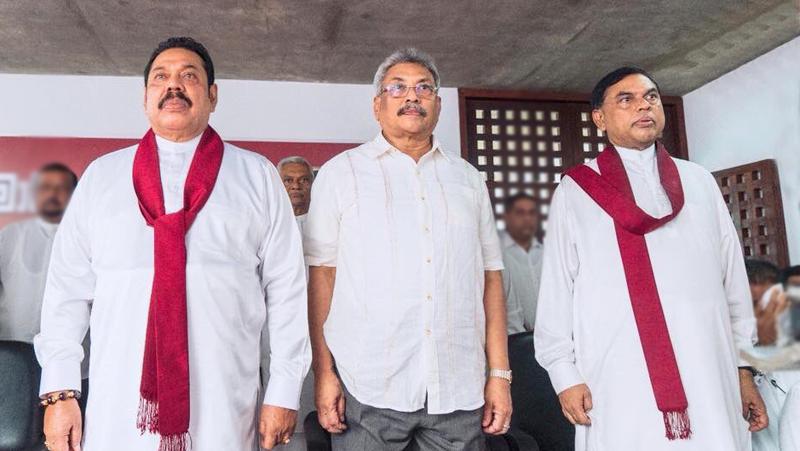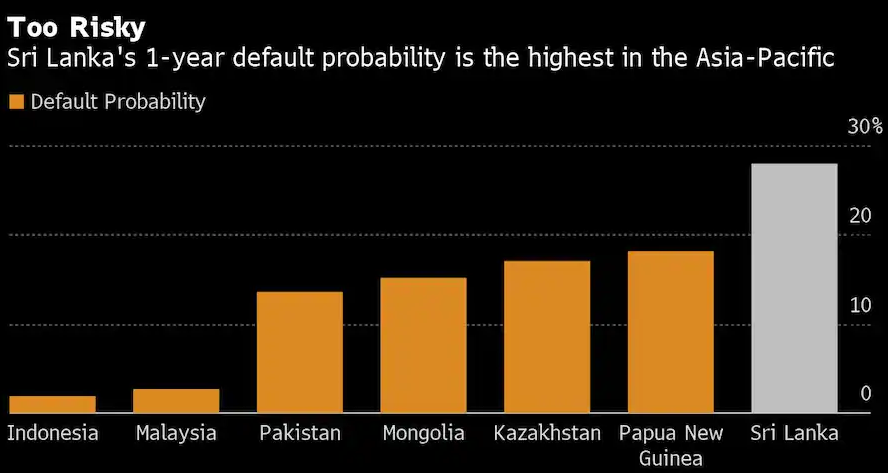
Following the appointment of Basil Rajapaksa to the cabinet, the Economist highlights growing unrest throughout Sri Lanka including farmers, teachers, war victims, and civil society actors. In light of this growing unrest, the Economist writes that “the Rajapaksas’ suffocating hold on power look like a weakness”.
Sri Lankan Nepotism
Commenting on the centralisation of government power within the Rajapaksa family, the Economist note the role of Basil as the “organiser-in-chief of the family”.
“He devised the electoral strategy behind its return to power, founding a new party, the Sri Lanka Podujana Peramuna (SLPP), which used digital wizardry to rally chauvinists from the ethnic majority, the Sinhalese—all while in prison on a corruption charge stemming from his time as economy minister (his detractors called him “Mr 10%”)”, the Economist writes.
Whilst securing a landslide victory in 2019, the Economist notes credible election fears for the Rajapaksas with the Prime Minister’s rumoured ill health and growing unpopularity of the President, Gotabaya Rajapaksa.
“These days, Gota’s irascibility inspires more scorn than fear” notes the Economist.
Failing economic policy
In their piece, the Economist highlights how the Rajapaksa’s slashed taxes leading to tax receipts plummeting by a quarter and the budget deficit rising to 14% of GDP. “Two-thirds of government revenue now goes on interest payments”, the Economist notes.
This comes as investing agencies such as Bloomberg, Moody and Fitch have issued warnings on Sri Lanka which may cut the island “off from international capital markets”.

Deshal de Mel of Verité Research, a think-tank in Colombo, highlights that the country’s dwindling reserves “are now down to less than three months’ worth of imports”. According to a Bloomberg model, Sri Lanka’s default probability was the highest in Asia with the organisation estimating a 27.9% chance of one-year default.
Whilst Sri Lanka could turn to the International Monetary Fund for an assistance programme to restore confidence with investors; the country has instead chosen to pivot towards China. On the 100th anniversary of the Chinese Community Party, Sri Lanka’s central bank minted gold coins to celebrate the anniversary and ties between Sri Lanka and China.
Grasping for power
The Economist piece also highlights the increasing militarisation of the Sri Lanka state noting that Gotabaya has “stuffed his administration with ex- and current brass”. This illustrates a return to the past, with the Economist highlighting that during Mahinda’s presidency “the security services were all-powerful, and critics were intimidated and on occasion wound up dead”.
Whilst the Rajapaksa’s are attempting to marshall power within their grasp, the Economist notes ongoing unrest throughout Sri Lanka writing:
“Farmers decry Gota’s ill-considered push for organic farming free of imported fertiliser. Others call for justice for the civil war’s victims. Activists who recently took to the streets against the expansion of a military-backed university that is exempt from national oversight were bundled away for supposedly breaking coronavirus restrictions and given 14 days’ enforced quarantine. In response, the country’s teachers have gone on strike. Even slpp members grumble that the Rajapaksa tribe is taking too much power, leaving too little for the hangers-on”.
Read the full piece here.
